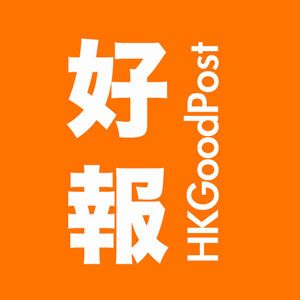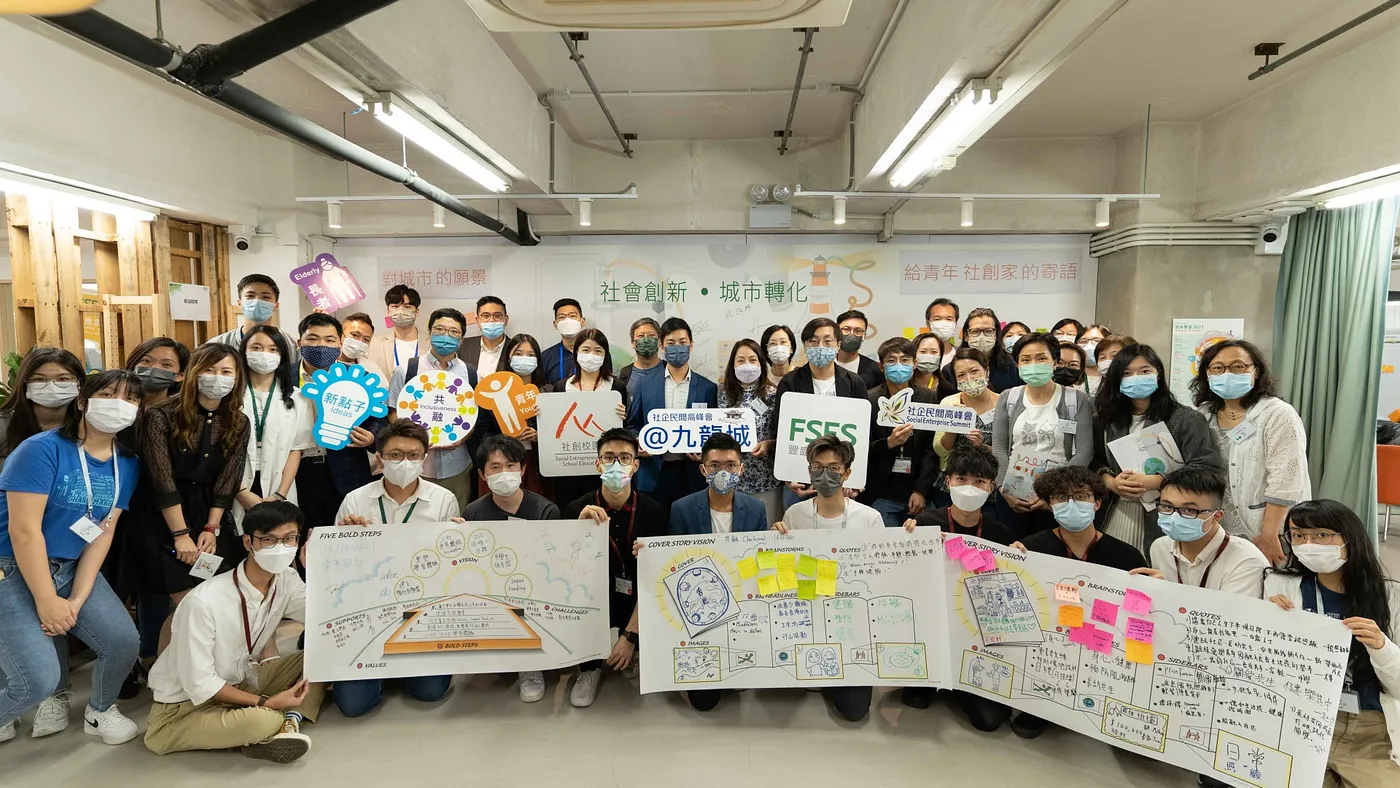細閱只需 4 分鐘
This impact story series reveals the journeys of social entrepreneurs and nonprofit organizers, their ups and downs in achieving different social missions, and potential support they need in order to thrive, especially in measuring impact and getting funding. If you are also an impact maker, hear from them to get inspiration on how to improve your own impact journey.
Episode 4: While the financial/corporate sector and the social sector traditionally differ in priorities and goals, collaboration between the two sectors is crucial for a sustainable and equitable future. Fullness Social Enterprises Society (FSES) strives to bridge the two sectors as a mediator, a bridge, and match-maker, which is a critical role.
#SocialEnterprise #HongKong
“A common language is the missing piece”. “It is not just a financial transaction. Both sides need to learn from one another”, said Ted Kwan, the co-founder of Fullness Social Enterprises Society (FSES).
First founded in 2011 by a group of volunteers with a vision to promote the values of social enterprises, Fullness Social Enterprises Society is one of the pioneers in Hong Kong to promote social innovation and focuses on social enterprises’ capacity building.
They are also well-known for organizing the citywide “Ethical Consumption” movement to connect the government, corporate and social enterprise to promote ethical consumption in Hong Kong by encouraging and enabling the general public to replace one-tenth of their regular spending onto ethically-sourced products. In the past decade, it has generated over HK$100 million of ethical consumption with the participation of over 400 organizations.
In 2013, FSES published an academic study to analyze the Social Return on Investment (SROI) for Hong Kong Social Enterprises (SEs), which reveals that SEs have an average of 9.3 years life span — 3 times longer than small and middle enterprises (SMEs). Every dollar sponsored by the HKSAR government to hire people with disabilities has the financial return of 4 dollars in 9 years, a quadruple return. This study is widely cited as supporting evidence when promoting the social enterprise movement in Hong Kong.
In recent years, FSES expanded their scope to support youth’s social innovation capacity building, and organized the “Innovator Farm” program, funded by HKSAR Government’s SIE Fund. The program disburses funds to social projects, from HK$30K to maximum HK$2 Million per project, while providing all-rounded training and support to grantees to cultivate a social enterprise ecosystem.
In short, FSES, as a pioneer, researcher and facilitator, is a stakeholder that cannot be missed when talking about social enterprise development in Hong Kong.
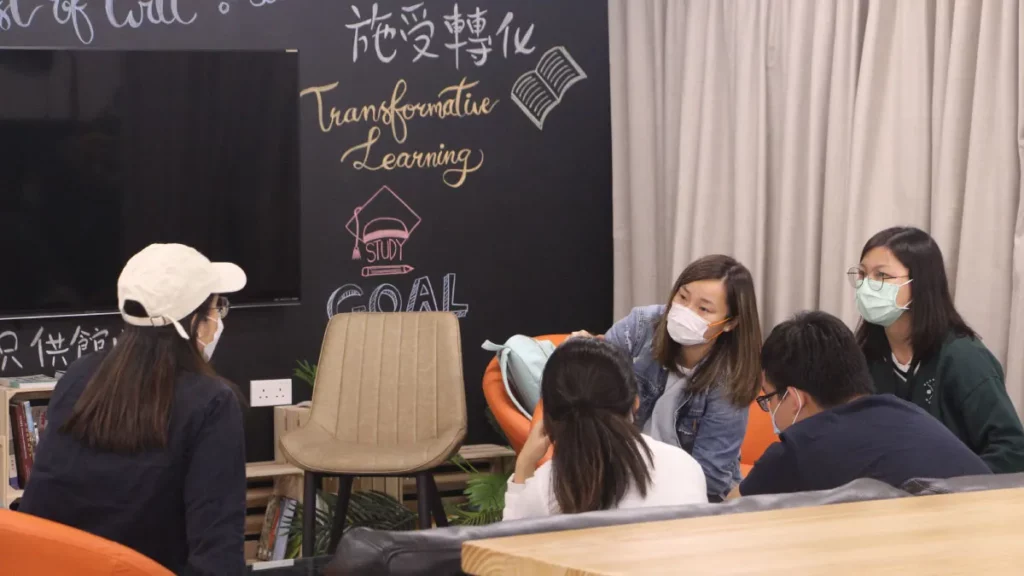
We are happy to have FSES’s CFA, Ted Kwan, to share with us his insights on FSES’s impact journey:
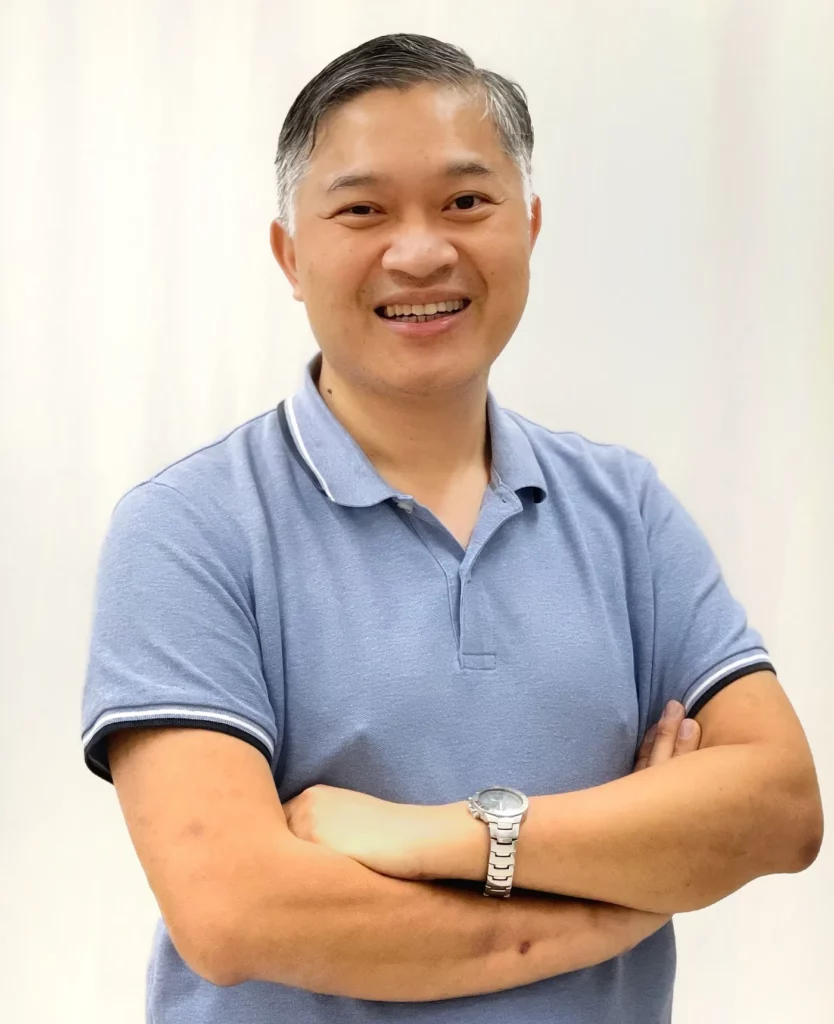
What is your selection criteria for funding social projects?
FSES adopts the “Double Bottom Line” approach — which focuses on more than just the return on investment. Rather, it considers both the financial and social aspects of the business.
To us, the projects must be able to articulate their impact in a clear and comprehensive manner. It is true that being able to articulate impact doesn’t mean the social entrepreneur can execute. But we take this as the first step. The second important factor is whether the project can demonstrate a certain sense of business know-how and conduct financial break-even analysis.
What tool do you use when selecting projects?
Having a clear template to lay out essential points is important. We provide a standardized template to collect relevant information, especially from the financial perspective. The project’s incomes and budgeted expenses, for instance, are a straightforward way to evaluate the project’s financial know-how. Placing an emphasis on using templates, tables, and standardized survey forms is one of the key characteristics presented in our signature programme “Jockey Club Fullness Social Impact Measurement Coaching Scheme”. Detailed materials, such as “Social Impact Measurement Workbook: A step-by-step approach to devising outcome indicators’’, co-developed by our team, is available online open-source. Feel free to check them out at our website. We are also mindful that the tools should be user-friendly such that it won’t add too much workload for the front-line staff.
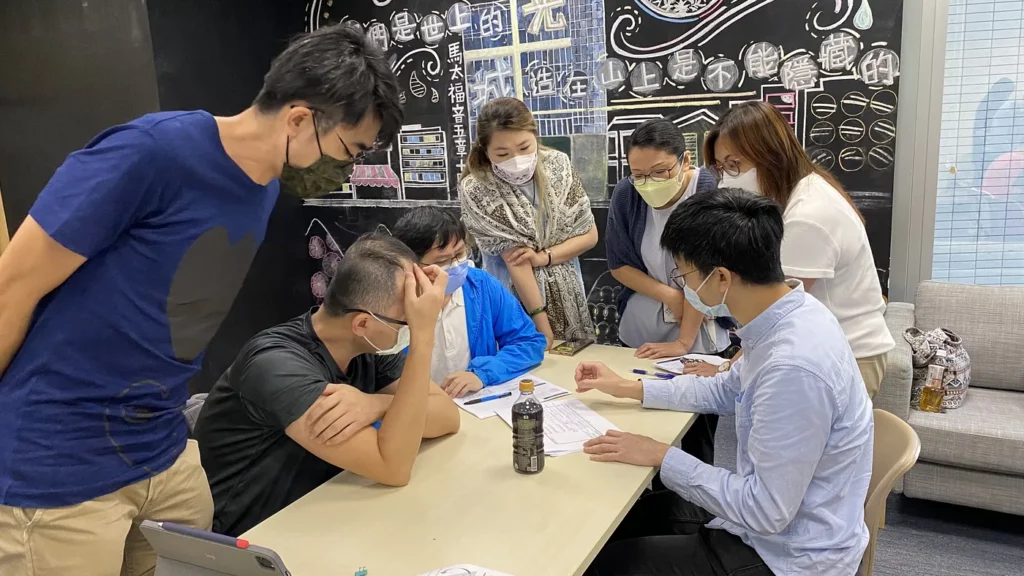
What is your biggest pain point as a fund intermediary (i.e. bridge between funder and grantees?)
There is never a lack of meaningful projects to serve the needy; there is never a lack of capital owned by generous and socially/environmentally-conscious individuals or groups. However, the two sides have difficulty finding each other due to a lack of mutual understanding.
The hardest part at the grantees’ end is how to facilitate them to articulate their impact; and to present their meaningful work in terms of metrics that aligns with the funder’s goals.
What words would you like to say to the two sectors, respectively?
Both sectors should expand their own world views. To funders: try to understand the Theory of Change (i.e. how the “input”, such as programs and workshops lead to long term desired goals) behind social projects, and seeks not just immediate output or eye-catching photos. To fundees: try to understand why corporates or foundations requires precise and concise reports; also try to acquire financial knowledge and incorporate business elements into the projects.
In short, always keep an open mind and learn from each other — as there is always a shared goal to make the community a better place.
Are you a social enterprise or NGO looking to connect with potential funders for your impact projects? Are you a philanthropist looking to create some unique, tangible impacts? Or a CSR Manager trying to discover charitable projects that align with your business? Cheeri, an impact measurement and management (IMM) platform, offers impact funding matchmaking. Join today to find the right funder or funding project!
